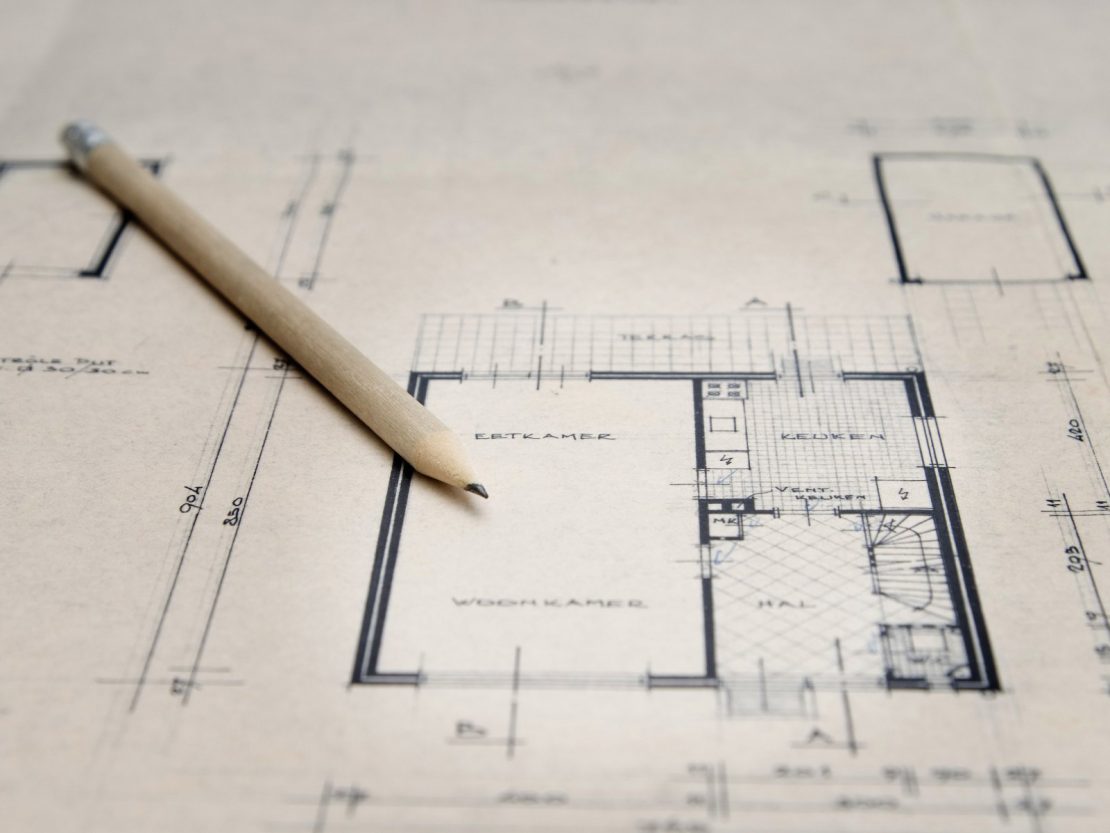Apartment Budgeting

One of the most important lessons first time renters can learn is personal finance and budgeting. A budget sets the parameters for available funds to pay bills and any left should be set aside for emergency situations. Emergencies are difficult to plan for; however, not being at least a little prepared can be disastrous. Whether with pen and paper or a laptop, it is best to sit down to map out a financial budget.
What to Include
All bills should be included in the budget. Some expenses may be obvious such as rent while others may not be clear. The above mentioned emergency situation is one item many people neglect to budget for. Groceries, as hard as it may be to believe, is another expense individuals forget. There are several common items to include:
- Rent
- Electric
- Water and sewer may be separate
- Internet/cable service
- Trash and yard maintenance fees
- Gas
- Groceries
- Household goods
- Gas
- School expenses
Make a list of everything that must be paid. Include the amount of each as well as the date due. Determine the household income then add the bills up to see what the difference is. It may be necessary to get an additional part time job to help make ends meet. Certain items like rent are consistent, while others are not the same every month. For example, some apartment electric bills increases dramatically in the winter. There are a number of ways to save in this area such as covering windows, turning unused lights off, and setting the thermostat to one temperature. It is important to plan a little ahead in case the light bill suddenly goes up.
Groceries and Household Goods
Groceries and household items are not always consistent either; however, parameters can be set. View this as a goal and budget further for it. Examine the monthly budget to determine what will be available for this category. Decide upon an amount and stick to it. Remember to include things like toothpaste and toilet paper. Search for sales and coupons as well as money saving recipe tips. The internet provides a wonderful tool to research money saving tips, college budgeting, and recipes as well as local grocery and dollar store sales. Many dollar type stores sell household goods at cheaper prices than big department stores do.
Savings
Opening a savings account may be one of the best ways to prepare for emergencies. Use the budget to determine how much can be squirreled way each pay day. Try not to touch this money for any reason. If only $20 each week can be saved that is $80 a month which could be used for doctor visits or car repairs. The moment people are not prepared is usually when emergencies strike.
Cost Cutting Tips
There are a handful of things which can save money in the long run and make the budget much more efficient. Buying in bulk is one, though space and money may not permit this in all cases. Purchase large packages of meat on sale then divide it into separate freezer bags. Alternate which types of meat to stock up on and search for recipes to provide meal variety. Buy bigger packs of toilet paper and tubes of toothpaste. Another thought is to invest into health insurance for medical emergencies.
Ann Arbor apartments for rent offers affordable residential facilities.
